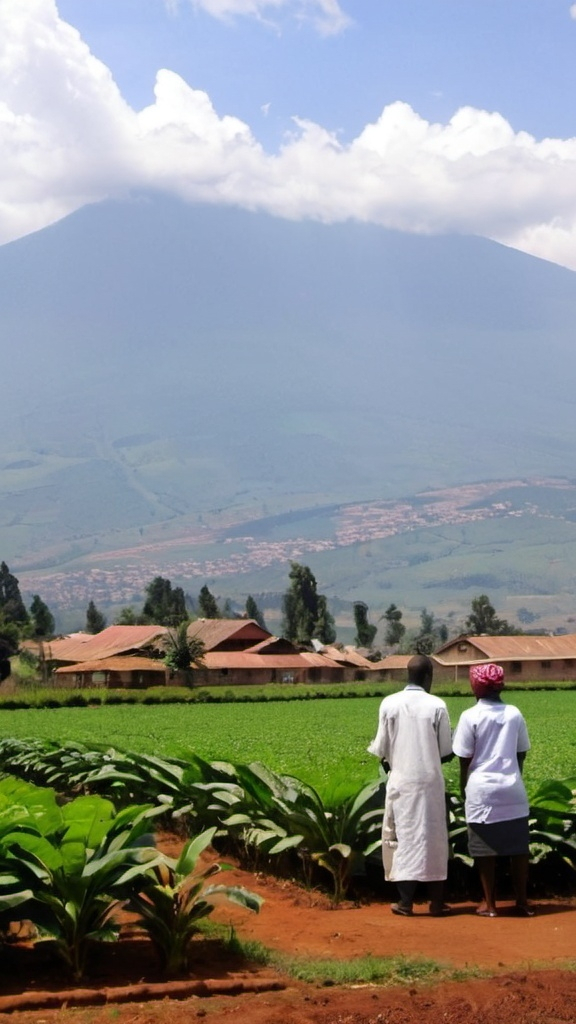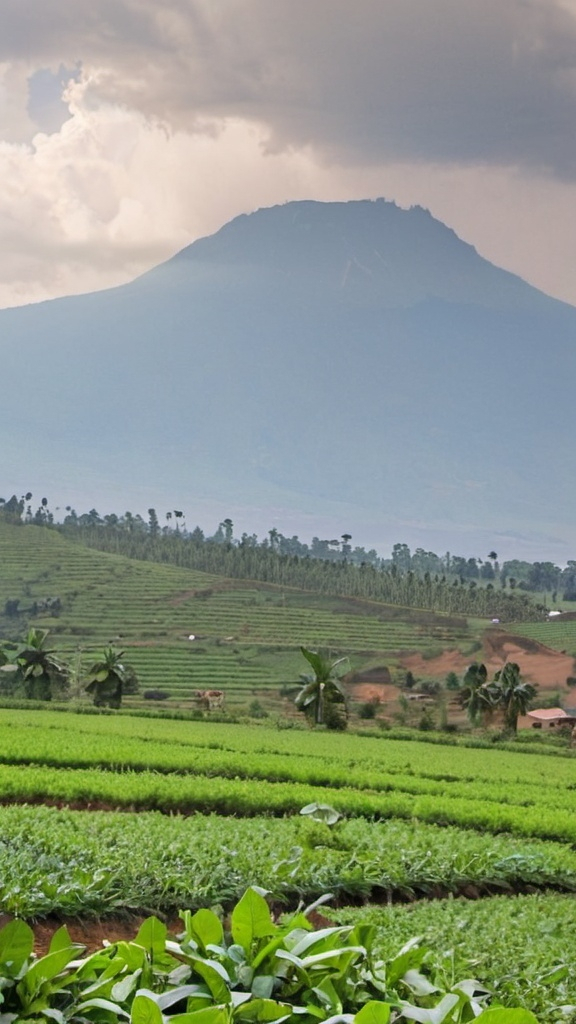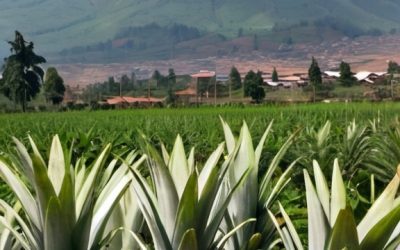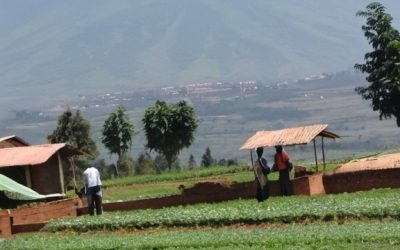The Ecological Organic Agriculture Initiative (EOAI) program, initiated by the African Union and supported by the Swiss Agency for Development and Cooperation, was implemented in five Eastern African countries from 2019 to 2023.

The program aims to scale up the best practices in EOA by promoting the adoption and adaptation of innovative technologies, systems, and practices, particularly among smallholder farmers, with a focus on women and youth. In Rwanda, the project is being implemented by the Rwanda Organic Agriculture Movement (ROAM), UTAB, and Huguka NGO, with co-funding from the Swiss Agency for Development and Cooperation.
Within this context, ROAM, contracted RCID Ltd. to conduct an assessment of the gaps in Ecological Organic Agriculture (EOA) practices and technologies within Rwanda’s national agriculture systems, from November 2019 to May 2020. The study also aimed to develop evidence-based policy advocacy to influence policymakers in using the findings to inform policy review and change.
RCID Ltd was tasked with assessing existing policy gaps in the agricultural system, providing detailed recommendations on how to meaningfully engage in policy-making processes, and strengthening the legal and policy environment to promote EOA in Rwanda. Additionally, RCID Ltd developed recommendations on entry points and advocacy actions required to create and strengthen EOA-related legal, regulatory, and policy frameworks in Rwanda.
The findings indicate significant gaps in Rwanda’s EOA policy, particularly the low level of organic certification due to the high cost of inputs and limited access to markets. A major constraint to the adoption of organic agriculture in Rwanda is the lack of appropriate inputs, such as bio-fertilizers and bio-pesticides, which are less accessible compared to conventional agriculture inputs.
The study also highlighted the low involvement of the private sector in organic agriculture in Rwanda, particularly companies investing in the production, processing, and marketing of organic agricultural products.
The study recommends strengthening regulations, potentially instituting tighter controls at the county level, and developing strong partnerships and collaborations among key players, including producers, processors, aggregators, traders, exporters, and consumers.
Additionally, it suggests that organic farming requires investment and assistance, not only in certification services but also in technical skills to ensure high productivity.




0 Comments